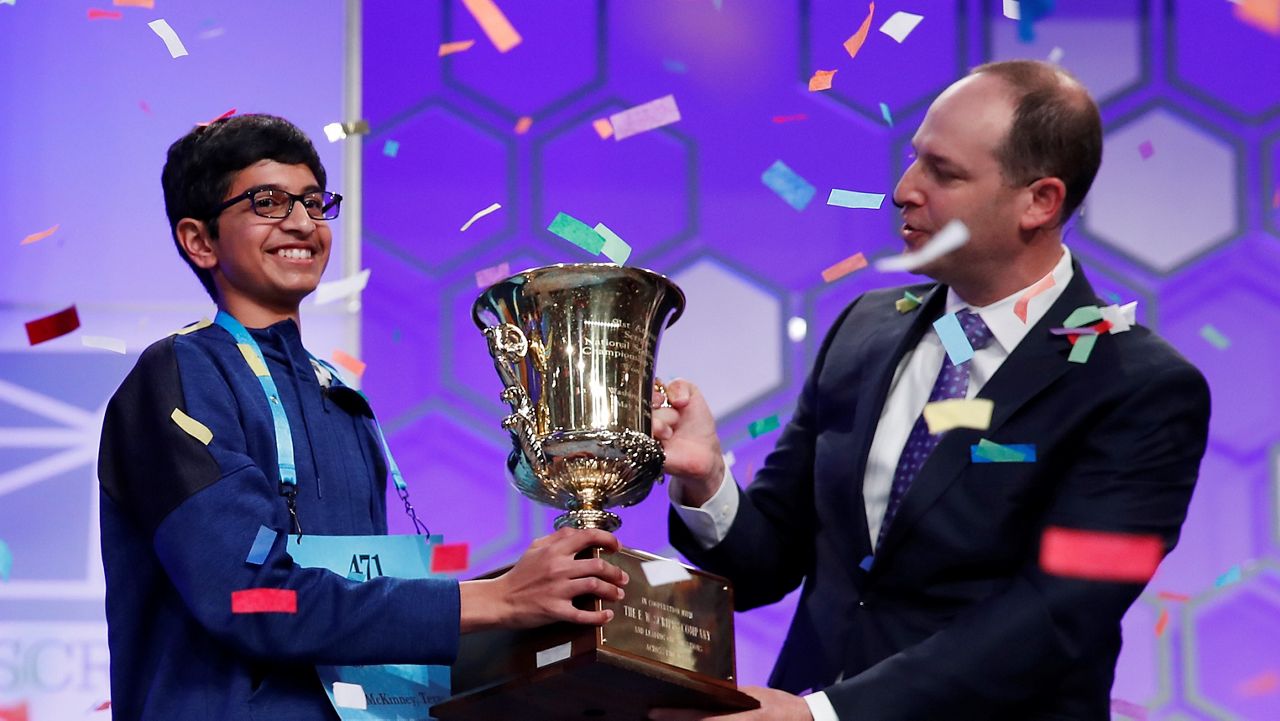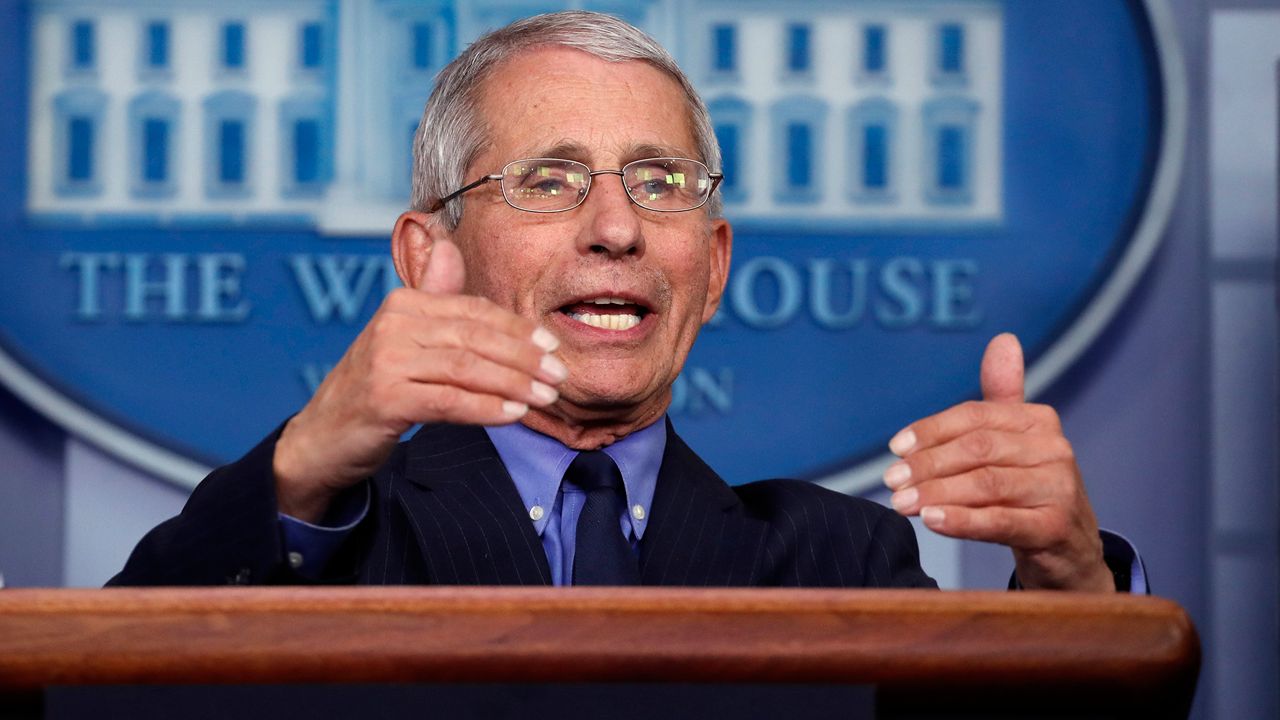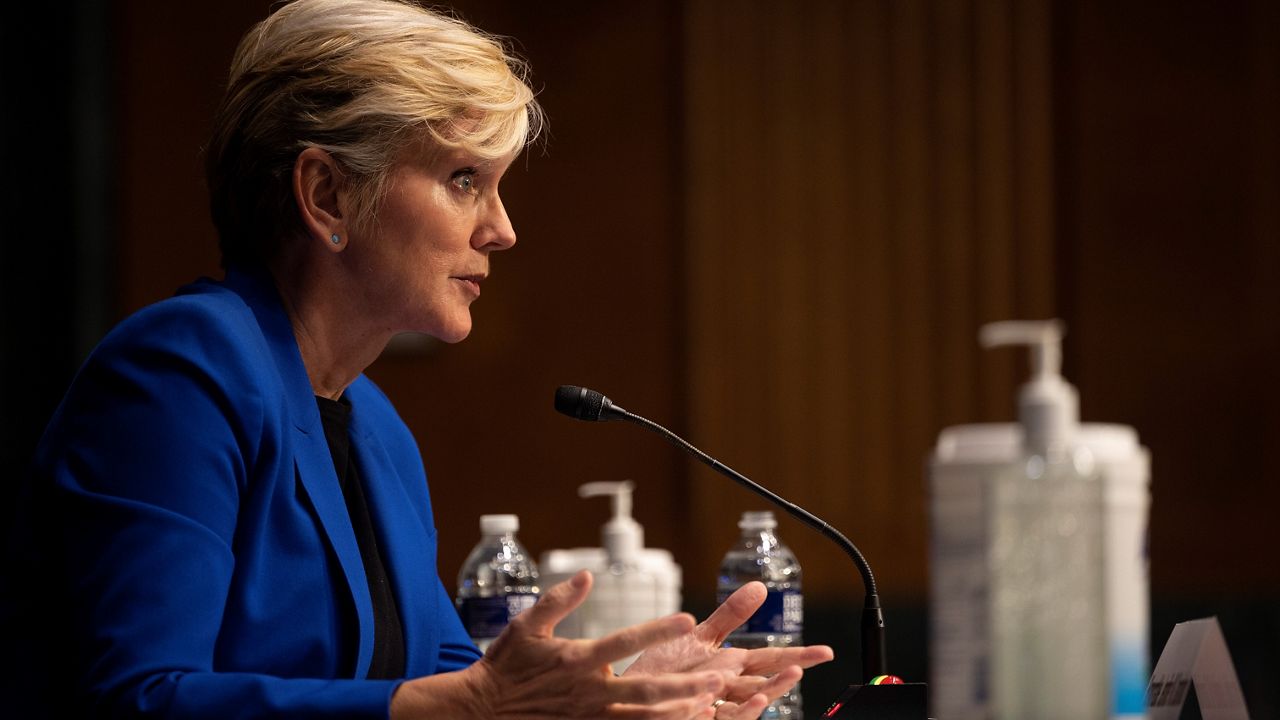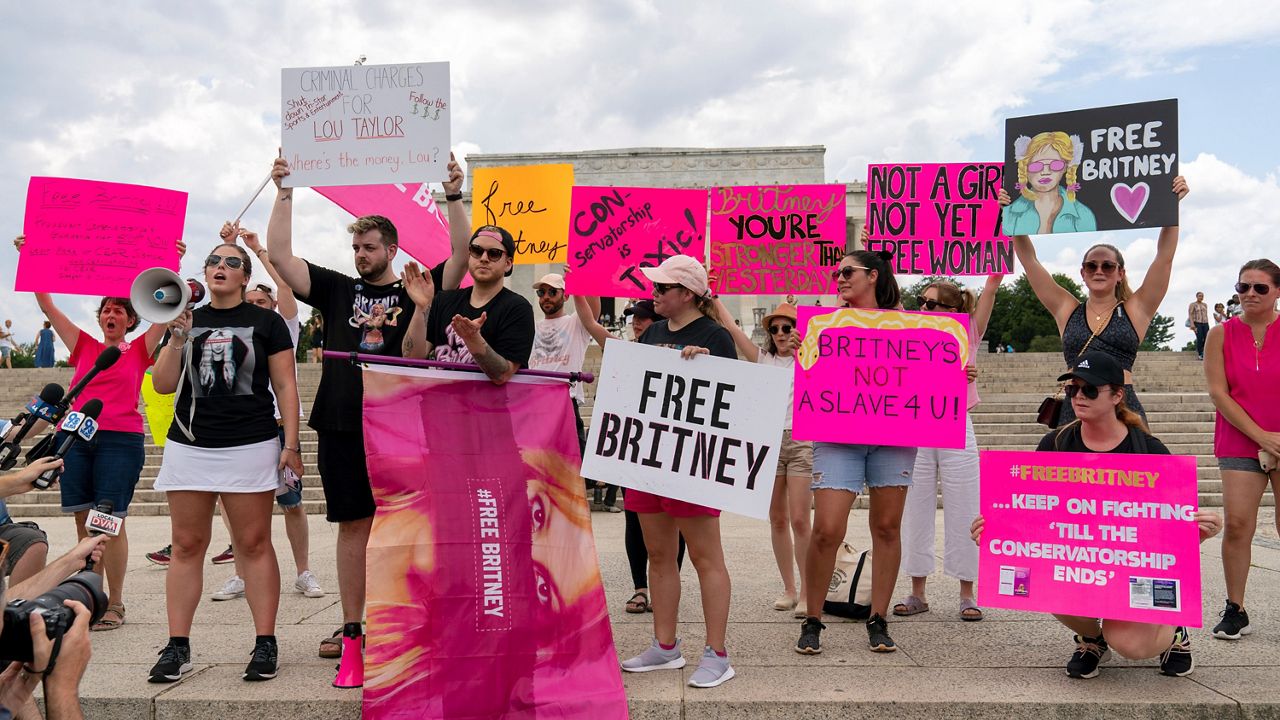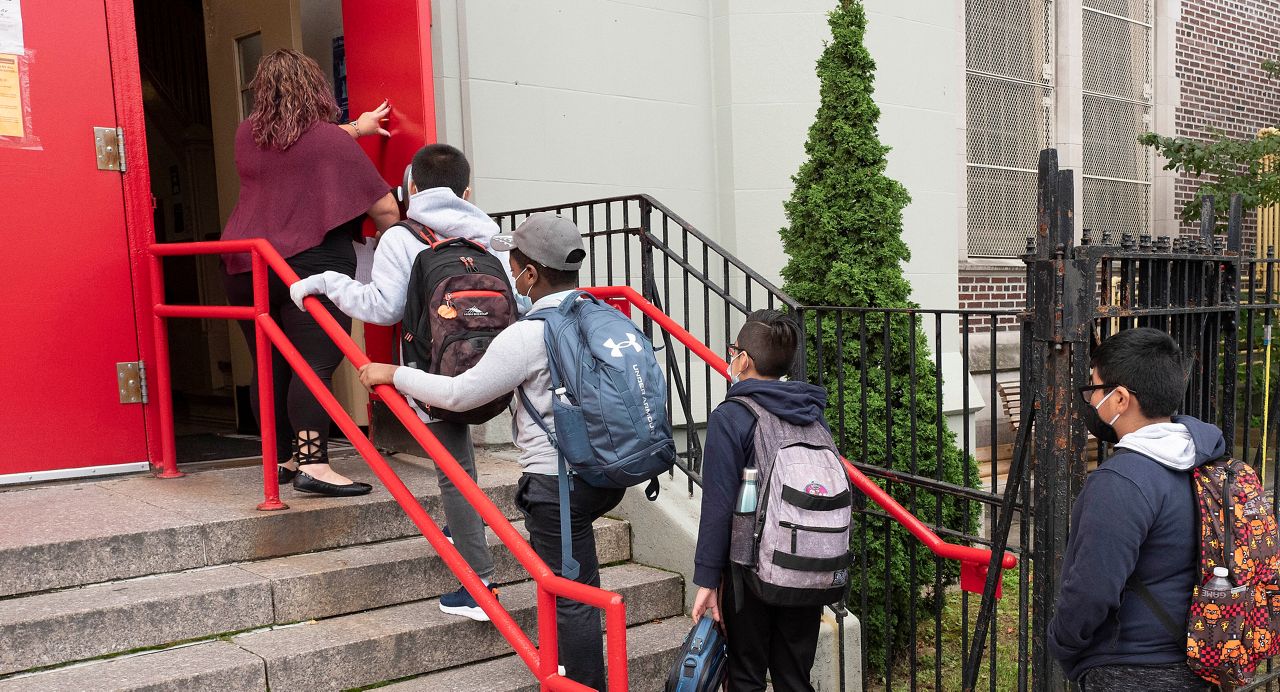When the Scripps National Spelling Bee was canceled last year because of the pandemic, Avani Joshi didn’t lament her lost year of preparation. She immediately pivoted to studying for competitions in her other favorite discipline: geography.
Then, about six months later, the 2020-21 geography bee season was canceled, so she returned to spelling, confident that Scripps would bring back the biggest academic competition on the calendar.
Avani also competes in Science Olympiad and quiz bowl. What if all of it had been wiped out?
“I would immerse myself in books, obviously. Books are always going to be there, so I have that guarantee that I can rely on books,” the 13-year-old from Roscoe, Illinois, said. “I also like coding, so I also have that. I would try to learn a new language. My goal is actually to learn C++ this year, and, let’s see, I would immerse myself in other things, honing my language skills, learning Spanish and Sanskrit.”
The restless minds of Avani and other top spellers got lessons in patience and perseverance as COVID-19 forced them into lockdown. Spellers prepare for the bee year-round, drilling for hours a day, often with the help of pricey study guides and private coaches. Their competitive window is small: Spellers can’t compete after the eighth grade, and it’s rare for kids to have more than one real shot at winning.
The two-year gap between bees only strengthened the resolve of many spellers — including Avani, who will be competing in the finals Thursday night at an ESPN campus in Florida — to maximize their potential.
“My love for spelling is what has kept me going. If you don’t truly have a passion for spelling, the quarantine could be really, really hard for you,” said another finalist, 13-year-old Akshainie Kamma of Round Rock, Texas.
The disappointment of 2020 was most sorely felt by that year’s eighth-graders, who were robbed of their last and best opportunity to win the Scripps trophy and unsuccessfully petitioned the Cincinnati-based media company to host a virtual or limited-participation bee.
Those who competed two years ago but were still eligible this year struggled with a different challenge: lack of motivation.
“I pushed through it,” said Akshita Balaji, a 14-year-old semifinalist from Herndon, Virginia. “My passion kind of went down a little bit. I was a little de-motivated and everything, but I was still studying.”
The bee itself underwent major changes since the last in-person competition, which ended in an eight-way tie because Scripps’ word list wasn’t strong enough to challenge the champion spellers. Last December, bee executive director Paige Kimble — herself a former champion — stepped down.
J. Michael Durnil, a longtime nonprofit leader, took over and shepherded the bee’s return in a mostly virtual format, while adding vocabulary questions and a lightning-round tiebreaker to ensure the bee would conclude with a single winner.
Only the 11 finalists will compete in person because the ongoing threat of COVID-19 made it too risky to plan months in advance for a large in-person gathering during the bee’s traditional spot on the calendar, the week before Memorial Day. The early rounds of the bee were stretched over a few weeks, concluding with last Sunday’s semifinals.
Changes to the rules and format of the bee often provoke strong reactions within the spelling community. Vocabulary questions, for example, had only been included on written tests before this year, and some believe they detract from the singular skill of figuring out on the fly how to spell an unfamiliar, crazy-sounding word.
But the pandemic and last year’s cancellation have put such minor changes in perspective.
“The knowledge, the experience and the learning that I’ve gained from the pandemic, it’s definitely taught me to adapt better,” Vayun Krishna, a 14-year-old from Sunnyvale, California, said before he was eliminated in the semifinals. “If this didn’t happen, if they’d introduced vocab I’d be in more of a panic, but now I feel like I’m taking it in stride.”
The in-person bee is more than just a competition, of course. It’s a weeklong celebration — wholesome and unapologetically nerdy — that brings together a few hundred ambitious kids who share a peculiar passion.
Akshainie learned invaluable lessons from her fellow spellers in 2019, and she laments the loss of those social opportunities. Nonetheless, she thinks she benefited from isolation.
“Before the pandemic, it was like everybody’s watching you and everybody’s expecting something from you,” she said. “At home, I was alone and I was able to work for myself and not everybody else.”
Avani, who was nervous on stage two years ago and misspelled a word she knew, used the time off to embrace sangfroid — “which means calm,” she explained, because she’s a speller.
“I could work on meditation a lot, worked on techniques to calm my nerves,” she said. “Yoga has also helped a lot over this past year. All these things have given me time to work on my weaknesses, which were prevalent back in sixth grade.”




